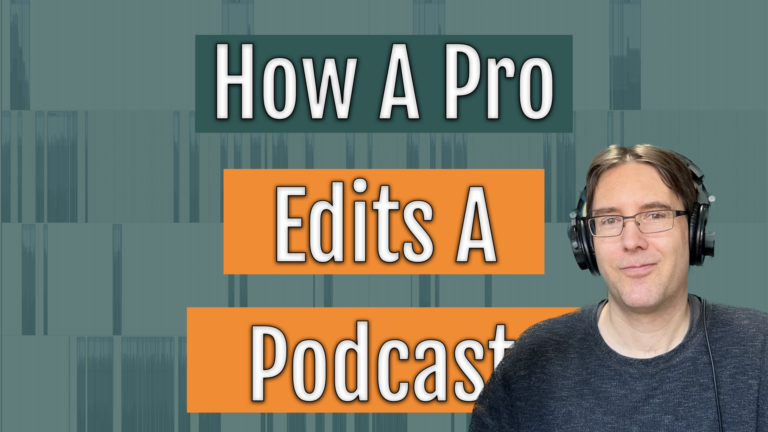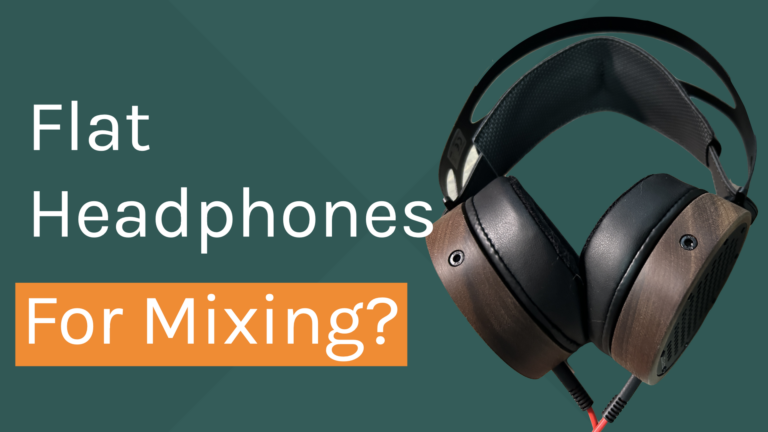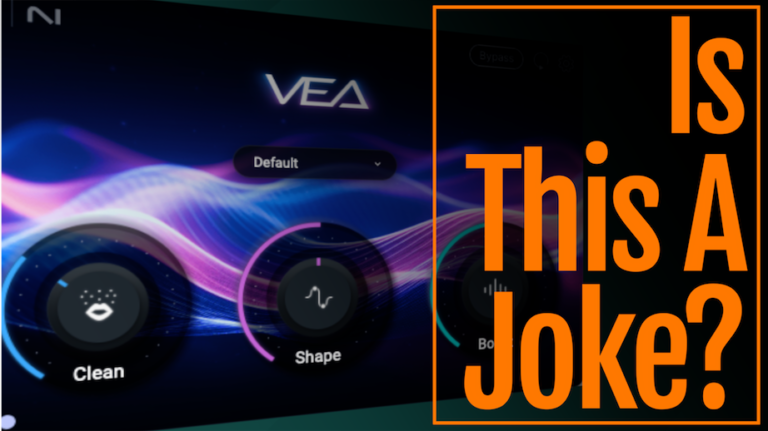Sonible prime:vocal Review – A Dialog Editor’s Perspective
As someone deeply invested in audio production tools, I was intrigued when Sonible announced their new plugin prime:vocal. Marketed as an all-in-one solution for vocal processing, it promises to deliver professional-quality results for podcast editors and content creators. But does it live up to the hype? Let’s dive into my hands-on experience.
What’s prime:vocal Supposed to Do?
Sonible positions prime:vocal as a comprehensive vocal processing suite that combines several essential tools:
- Noise reduction
- Room reduction
- Vocal clean up
- Spectral balance
- Dynamics processing
The promise is compelling: transform recordings from less-than-ideal environments into commercial-standard audio. It’s available both as a standalone application and as an ARA plugin, which, as of release, was in beta.
Check out the Sonible prime:vocal product page
First Impressions and Technical Hiccups
Right off the bat, I encountered some concerning issues. Upon launching the standalone app, it immediately changed my system’s sample rate from 48kHz to 44.1kHz without warning – not exactly confidence-inspiring behavior. While this was easily fixed in settings, it’s the kind of detail that makes professionals wary.
The analysis process raised more red flags. A 71-second audio file took 63 seconds to analyze. For podcast editors working with hour-long episodes, this could be a serious workflow bottleneck. Even worse, it appears to cap audio to 60 minutes in length, immediately limiting its usefulness for long-form content creators.
Real-World Performance Testing
I put prime:vocal through its paces using my standard test suite of challenging audio clips – the same ones I’ve used in previous noise and reverb reduction comparisons.
Test Case 1: The Ultimate Challenge
My first test involved what I consider the toughest piece of dialog I’ve worked with: high noise levels, reverb, and an increasingly loud laptop fan in the background. With prime:vocal’s default settings (100% noise/room reduction, 50% for other parameters), the results were disappointing. Even at maximum noise reduction, the plugin struggled with artifacts and failed to address clipping issues. Particularly concerning was its behavior during silence, where it seemed to misinterpret noise as voice and attempted to boost it.
For comparison, dxRevive Pro handled the same audio significantly better, producing more listenable results even with the challenging fan noise.
Test Case 2: The Reverb Challenge
The second test featured heavy reverb with an underlying HVAC hum. Prime:vocal’s reverb reduction introduced noticeable artifacts, and even at 100% noise reduction, the background hum remained audible between words. Again, dxRevive Pro demonstrated superior performance on the same material.
Test Case 3: Gated Noise
On a clip with a high noise floor and problematic noise gating, prime:vocal’s performance was subpar even at maximum settings. In contrast, tools like VoicEx and Auphonic handled this challenging audio with impressive results.
The Verdict
As a long-time user of Sonible’s smart:Plugins (their compressor, EQ, and limiter are part of my daily workflow), I had high hopes for prime:vocal. Unfortunately, I cannot recommend it in its current state. Here’s why:
- Audio Quality: The reverb reduction ranks among the worst I’ve experienced, while noise reduction is mediocre at best. The vocal cleanup, spectral balance, and dynamics modules failed to impress.
- Workflow Issues: The lack of real-time processing is a significant drawback, especially when competitors like dxRevive and RX’s Dialog Isolate offer impressive real-time performance.
- ARA Limitations: While ARA plugin support is available, it’s not a universal solution. Logic Pro users need to run in compatibility mode, and many DAWs (like Hindenburg) don’t support ARA at all.
Better Alternatives
For those seeking vocal processing tools, I’d recommend looking at:
- Accentize dxRevive Pro
- Supertone Clear
- Waves Clarity line
These alternatives consistently outperform prime:vocal in both quality and workflow efficiency.
Final Thoughts
While I appreciate Sonible’s contributions to audio processing (their other plugins are stellar), prime:vocal falls short of the mark. Until it offers better algorithm performance and real-time processing without ARA dependency, it’s hard to justify the investment, especially given the strong competition in this space.
•Disclosure: Some of the links in this post are “affiliate links.” This means if you click on the link and purchase the item, I will receive an affiliate commission.






